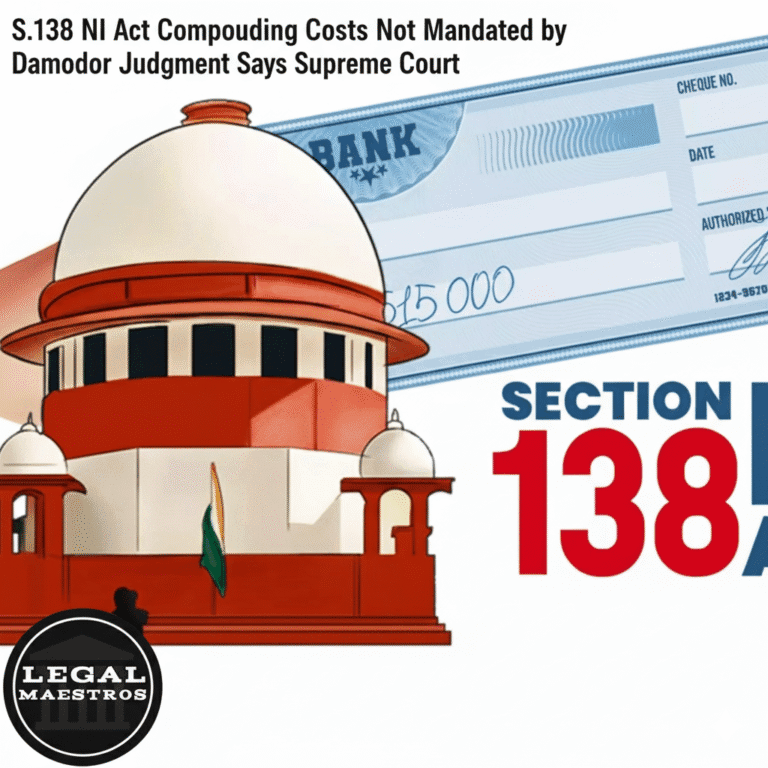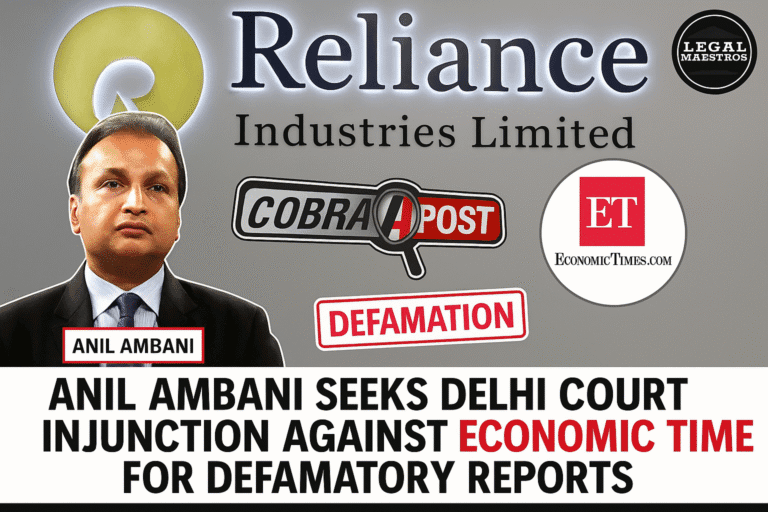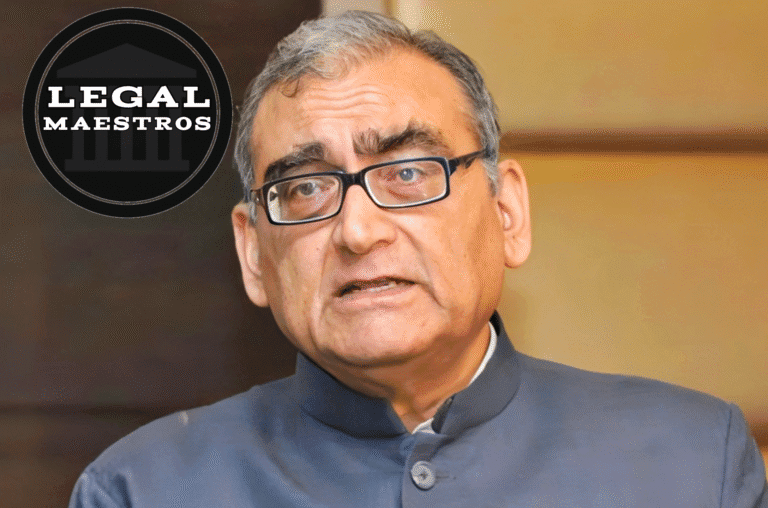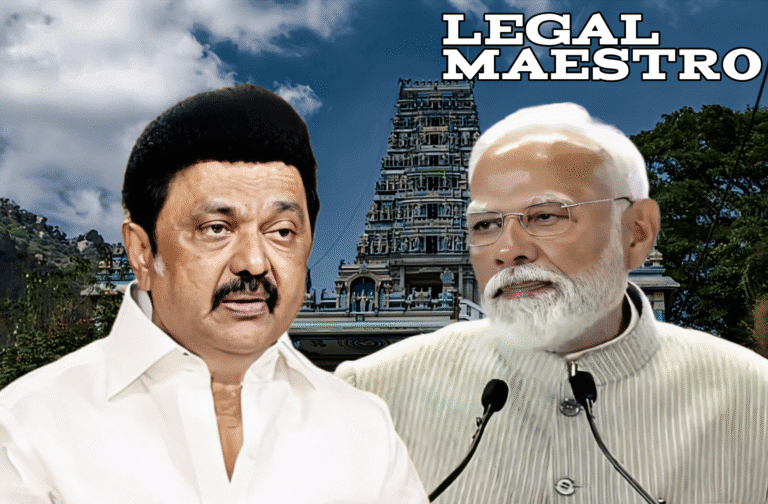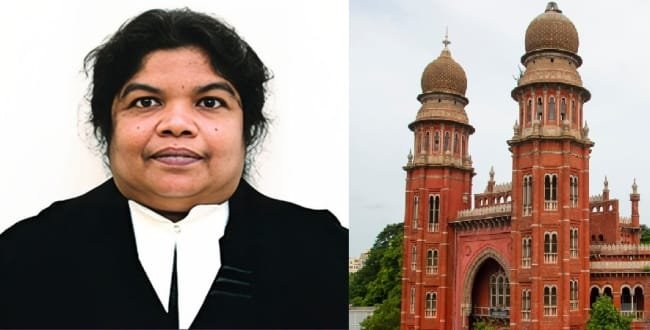
Government Cracks Down on Ekta Kapoor's ALTBalaji and ULLU for Obscene Content - A Constitutional Analysis
Introduction
Over the past few months the government has gone serious on shutting down displays by ALTBalaji and ULLU on streaming television shows considered obscene. The action raised a controversy of what should be the freedom of creativity and the standards of publicity.
Here is the right of free speech under article 19(1) (a) of the Constitution of India and the restrictions thereof under article 19(2) of the Constitution of India. The present paper clarifies the legal background reveals the most important legislation, and describes landmark cases in an understandable language.
Freedom of Speech and Its Limits
Article 19 (1) (a) gives all citizens the right of freedom of speech, publication and expression of ideas. Put yourself in a position of having your own soapbox in a park, and you can say everything almost you want. Such right plays a pivotal role in a democratic regime.
For any queries or to publish an article or post or advertisement on our platform, do call at +91 6377460764 or email us at contact@legalmaestros.com.
But that is not the absolute type of freedom. The following restrictions identified in Article 19 (2) are law and order and morality of public decency. These prevent negative talk that may lead to corruption of young minds or going against the fundamental values.
Obscenity Under Indian Law
Obscenity is not particularly fixed in the Constitution. Indian Penal Code gapes this gap and the sections 292 to 294 fill it in. In section 292 IPC, sale and/ or distribution of obscene books papers and pictures are prohibited. The IPC suggests making the act illegal in the form of Section 294 IPC, which forbids obscene acts in public which are seen as a source of corruption to the populace.
. The ministry of Electronics and Information Technology under new IT Rules of 2021 can issue notice to take down even a single content that contains or shows anything that is not decent or what is considered unethical.
Government Action Against OTT Platforms
On 27 June 2023 the Digital Platforms Content Grievance Council ordered ULLU to remove all adult content scenes of some shows within a period of fifteen days. This was after images of hardcore videos circulated on social sites
. ALTBalaji received a warning by the government in the same manner as complaints emerged indicating that some web series featured scenes that went beyond the boundary of being decent in the eyes of people. Letters were sent to the CEOs demanding conformity.
For any queries or to publish an article or post or advertisement on our platform, do call at +91 6377460764 or email us at contact@legalmaestros.com.
Landmark Supreme Court Decisions
The battling site has been where to place the obscenity line by the Supreme Court. The Court affirmed the section 292 IPC in Ranjit D. Udeshi versus State of Maharashtra (1964) and used the Hicklin test. The Court said that when the work is able to deprave or corrupt susceptible minds it can be prohibited. Insofar as the work may have artistic merit such restricted passages may be found to be obscene.
The battling site has been where to place the obscenity line by the Supreme Court. The Court affirmed the section 292 IPC in Ranjit D. Udeshi versus State of Maharashtra (1964) and used the Hicklin test. The Court said that when the work is able to deprave or corrupt susceptible minds it can be prohibited. Insofar as the work may have artistic merit such restricted passages may be found to be obscene.
Illustrations for a Layperson
Take a successful streaming series wherein some of the scenes have some explicit intimacy. With the old test one mere fraction of time was sufficient to cause a prohibition in case it was considered corrupting. In the new methodology, in addition to the question posed by the old methodology of whether the scenes contribute to the story or not, regulators go on to add, does the scene merely want to shock? By providing depth of characters they could pass through cross examination.
For any queries or to publish an article or post or advertisement on our platform, do call at +91 6377460764 or email us at contact@legalmaestros.com.
When ALTBalaji came with a show with bedroom scenes some of the audience believed it to have story to tell. Others said it was extraneous and detrimental to the young audiences. This conflict explains the reason why the government intervened in IT rules to censor the content.
Balancing Rights and Responsibilities
The communication in the Constitution is safe but the state can inhibit communication that disrupts common values within the society. It is the duty of OTT to censor the content by placing age restrictions and warning regarding the content. Simultaneously, the government should enforce rules in a way, which is unjust and untouched to ensure the creators are aware of the limits. People enjoy healthy conversation on art and social values without universal covering.
Conclusion
These moves against AltBalaji and Ullu illustrate the legal structure in India trying to balance between freedom and decency. Even creators and audience have been given the power to exercise article 19 19 1 a), some laws are article 19 2, and IPC 292, 294 and IT Act 67A which can be used to safeguard morality of the general public.
For any queries or to publish an article or post or advertisement on our platform, do call at +91 6377460764 or email us at contact@legalmaestros.com.
Such rulings as in Ranjit Udeshi v State of Maharashtra and Aveek Sarkar v State of West Bengal serve to show the regulators and the platforms where to set the boundary. With the development of digital media frequent communication between governmental websites and the audience is important in maintaining artistic freedom and social morals.


